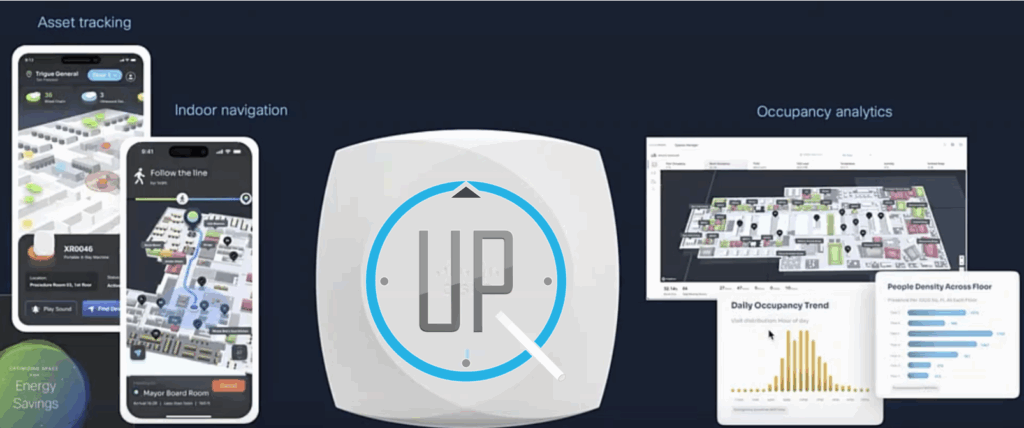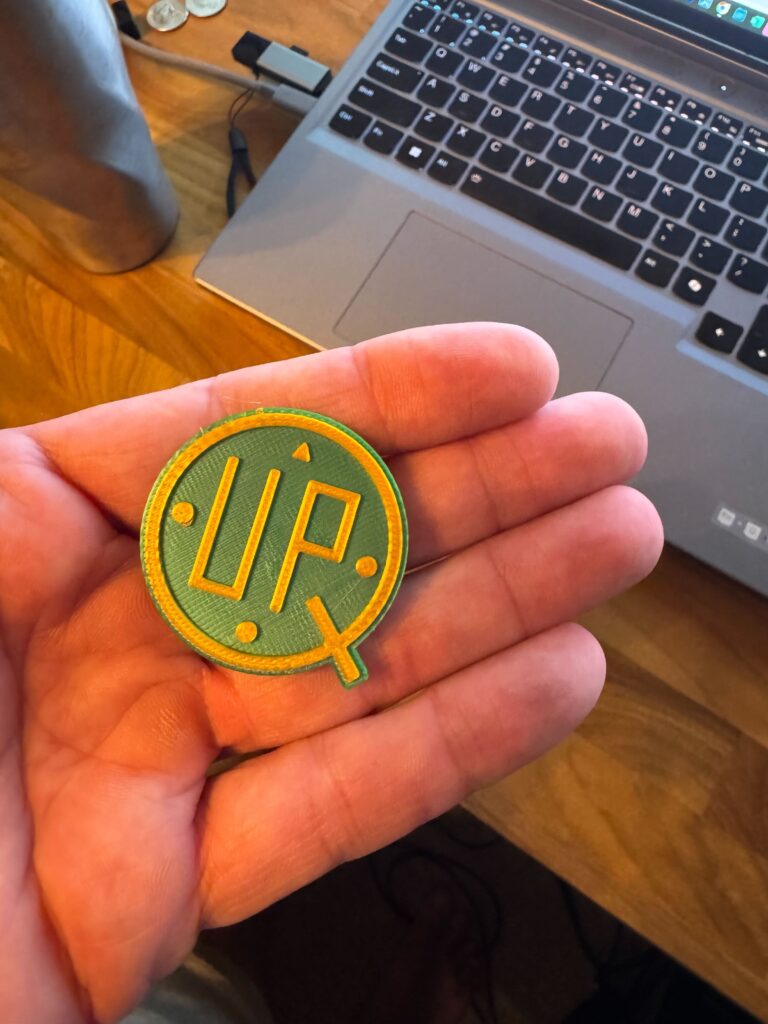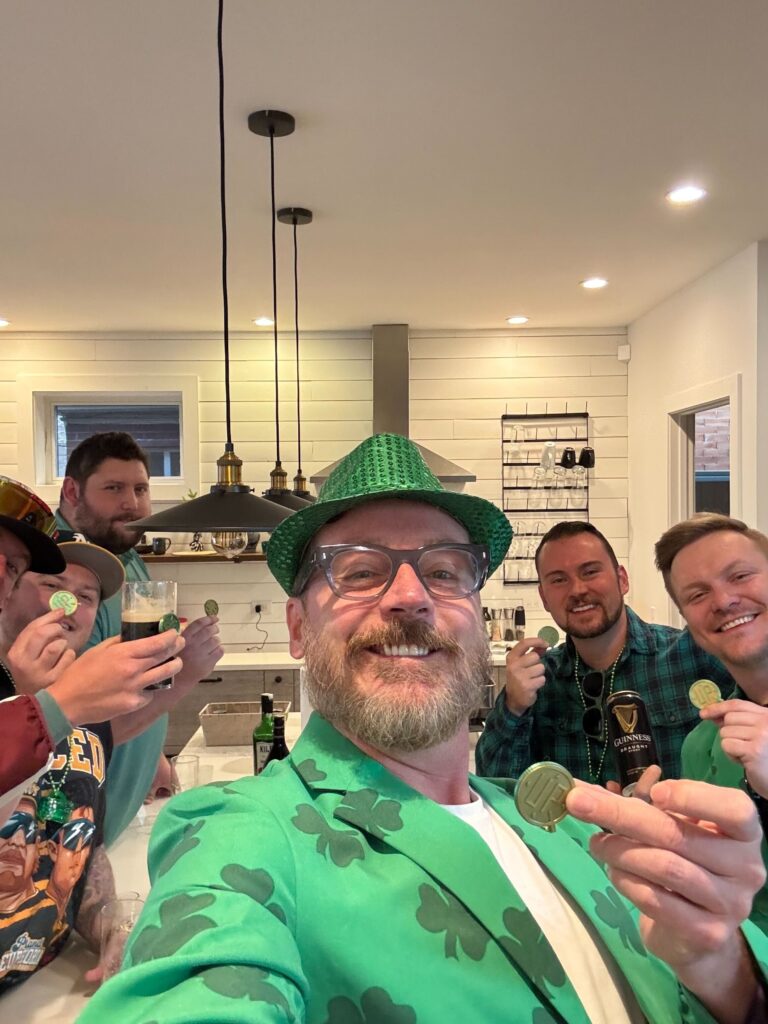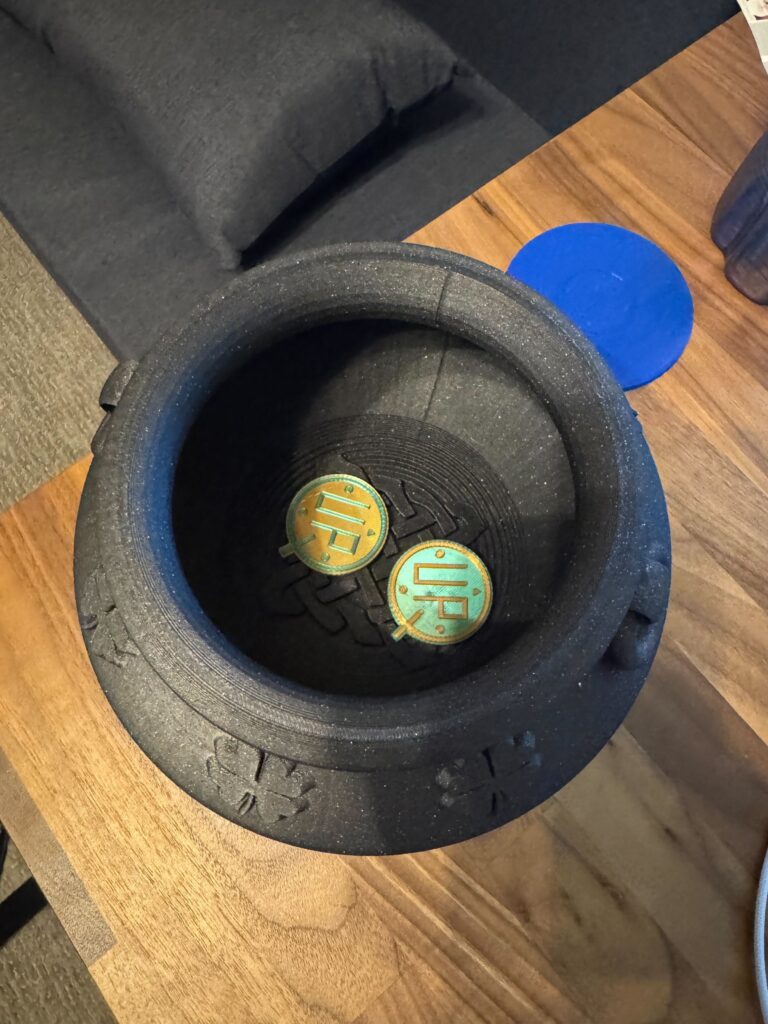The First Step Is the Hardest
Nothing is more difficult than creation.
Starting a revolutionary company sounds glamorous, until you abruptly are knee-deep in the anything-but-glamorous details: code that just will not compile, algorithms that do not yet exist, a Discord server that is either too quiet or too chaotic, and a calendar full of work shifts and other business responsibilities that have nothing to do with your ultimate dream. But perhaps that is where it always begins: in chaos, under pressure, with only a spark and a vision.

For us bootstrapping a groundbreaking startup, especially one that bridges technology and crypto, the reality is raw. We’re a tiny team. Some of us are in logistics, some in communications. Others are computer programmers or enterprise-level sales team leaders, business owners or project managers. None of us have the luxury of full-time focus on this mission. Every hour we spend on our project is borrowed – from sleep, from personal time, from sanity. Since the QUP project represents an entirely new method of line management, no one has expertise in everything we’re building. We learn as we go. And that represents both the thrill and the torment.
Learning on the Fly
When you lack the resources to hire a team of engineers, you become one. When there is no budget for a UI designer, you become that too. YouTube tutorials, Grok and ChatGPT strings, and any relevant open-source documentation you can find become your university. You learn how to write your first line of back-end code while debugging your fifth API error. You wrestle with questions like “How do I secure this endpoint?” while watching walkthroughs at 2 am. You learn to code not because you want to – but because no one else is going to do it for you.
And that extends to your algorithm. Maybe it started with a basic idea: a function to filter, to recommend, to score. Then it grew. It had to scale. It had to evolve. It had to work inside the very application you’re still creating. Building the algorithm means balancing theory and data and limitations you didn’t know existed until last week.

Crypto: Hype, Hope, and Headaches
Then there’s the crypto side of the business. No longer are you just building software – you’re also shepherding a coin, a token that represents the heartbeat of your community. But community will never fully maintain itself. You need engagement. You need transparency. You need momentum.
That means multi-weekly posts across an ocean of social media platforms, constant updates, and creative ways to keep people interested even when your real focus is elsewhere – like fixing the back-end of your app so the thing doesn’t crash when more than five people log in at once.
The irony is that the crypto is never meant to be the endgame – but simply the ecosystem that supports something bigger. But you still have to sell it, explain it, protect it. And yes, fight off the scammers. Because the second you show up on any radar, someone wants to exploit you. You become paranoid. You encrypt everything. You wonder who you can trust. You learn that security isn’t a layer you add, but a mindset you adopt.



The Struggle for Focus
Perhaps the hardest part of all is not the technical hurdles or the lack of time – it’s trying to keep your vision intact when you feel pulled in every direction. There’s the coin, the app, the community, the branding, the fundraising, the bugs, the feature creep, the PR, the legal concerns, the impostor syndrome. You simply cannot do it all, but you have to try anyway.
And through it all, the most important thing – your application, the product you actually care about – gets delayed, pushed down the roadmap, because survival always comes first.
But we keep going. Because creation, though difficult, is the only thing worth doing. Because that impossible app? It matters. The idea matters. And someday, when we look back, the sleepless nights, the patched-together solutions, the makeshift team – that will be the legacy. That will be the proof that even in the most uncertain of beginnings, something real can emerge.


